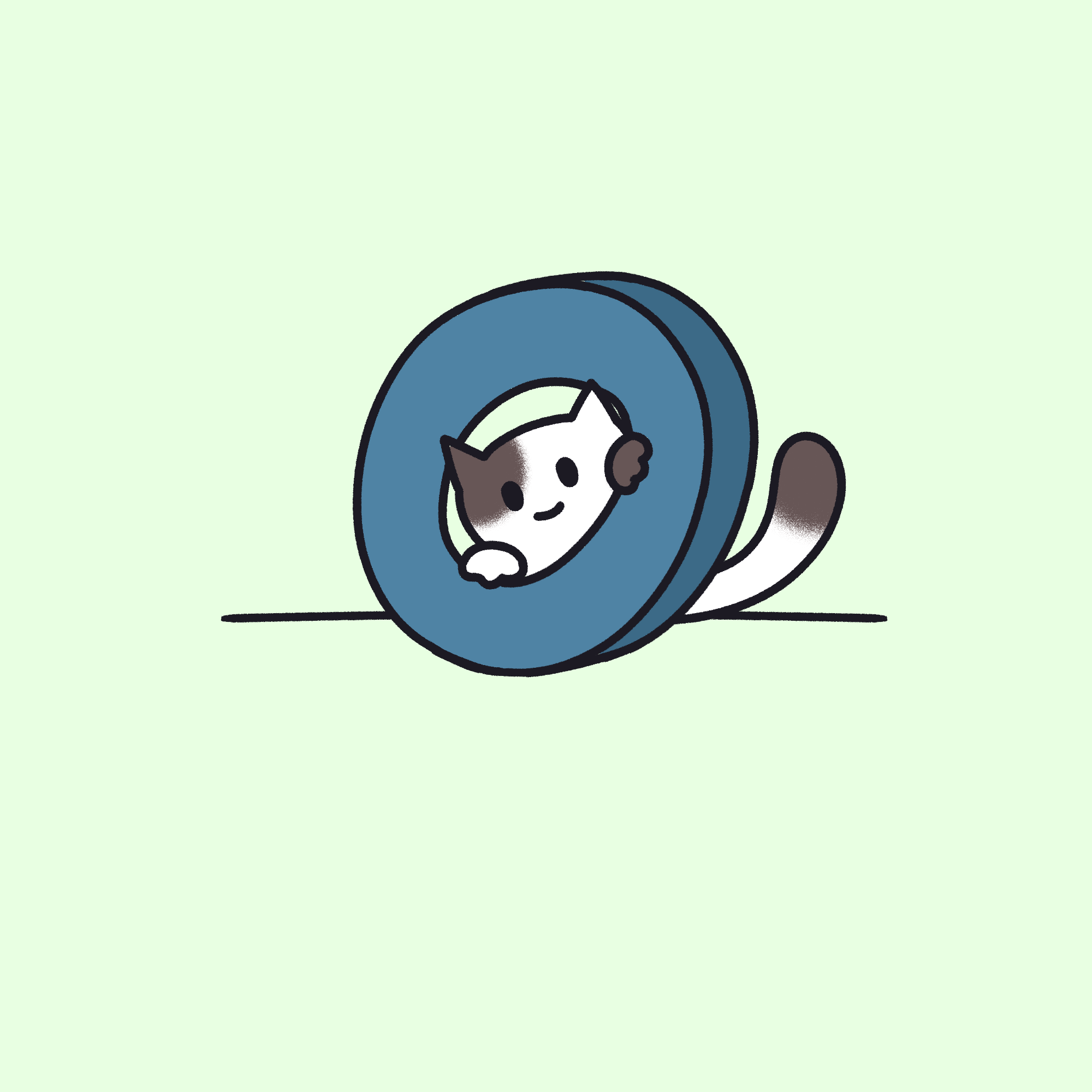Credit card debt is a serious issue that can lead to financial ruin if not dealt with properly. The average U.S. consumer carries over $5000 in credit card debt, and this number is only increasing as more and more people turn to credit to make ends meet. If you’re struggling with credit card debt, it’s important to take action and get out of it as quickly as possible.
One of the first steps you can take is to consider a credit card balance transfer. If you have a high-interest credit card, transferring the balance to a card with a 0% interest rate can be a great way to save money and get out of debt faster. Many credit card companies offer balance transfer cards to attract new customers, and these are essentially no-interest loans. You need to pay off the balance by the due date to avoid paying interest.
Another option is to look into personal loans. Many banks offer personal loans at below-market interest rates that can be repaid over a period of 5-10 years. These loans can be useful for consolidating your debts or paying off high-interest credit cards, but be careful to double-check the interest rates and read all the fine print before moving forward to make sure this is a good option for you.
You can also consider paying off your credit cards directly, using either the snowball technique or the avalanche technique. The snowball technique means you pay off your smallest debts first, then the next smallest, etc.. until you finally pay off the largest debt. The avalanche technique means that you pay off whatever debt has the highest interest rate first. Typically, the avalanche method saves you money in the long run, but it can be discouraging to stick to this method since it can take longer to complete. Both methods are worth considering, though I typically recommend the snowball method to my clients because it creates a quicker sense of accomplishment and helps create motivation to continue.
In some cases, you may be able to negotiate a lower interest rate with your credit card company. If you have a good credit score and are up-to-date on your payments, you may be able to persuade your credit card company to lower your interest rate. This can help you save money and pay off your debt faster.
Finally, it’s important to check your credit reports. Your credit score is a key factor in determining your interest rates and creditworthiness. Don’t accept a bad credit score as a fact of life. Check your credit report to find out what’s causing the problem and take steps to improve your score. This may involve paying off your debts, improving your credit utilization ratio, or disputing any errors on your credit report.
If you are unsure of how to navigate the process of tackling credit card debt, it may be beneficial to seek professional help. I can provide support to help address credit card debt and improve overall financial health. Please feel free to reach out if you’re interested in working with Fat Cat Bookkeeping!



